If one searches for the etymology of the words of the Latin languages, one will find a lot of Greece within them.
Perhaps more than many would like or would be willing to accept.
In fact, according to the traditional perception of Latin dictionaries printed in Oxford, 21,5% of the Latin language comes directly from ancient Greek (10.500 Greek words).
And while we all know the generous borrowings of Greek in a long line of languages of the universe, the words we have given do not refer exclusively to science and philosophy or theater and the fine arts. That is, where almost all the terms come from their Greek inspirers.
Greek has given a lot to the world. Even country names have come straight from our language.
Here we will talk only about those countries that gather the consent of linguists about Greek etymology. Because otherwise the list will be long and endless.
Theories about Greekness in the name of states can be found with the sack.
For the Scotland, say, is expressed by some historians and linguists the view that the term "Scoti", from which the name of the country comes, has its roots in a tribe of invaders who had taken their name from the Greek "darkness".
As there is a hypothesis that the name of Georgia comes from the Latin "Georgius", which in turn had its roots in the Greek "farmer". "Georgi" was called by the Roman historians the inhabitants of the then (Caucasian) Iberia.
Such theories about the Greekness of place names are really inexhaustible in science, but let us look at the ones that are rarely disputed…
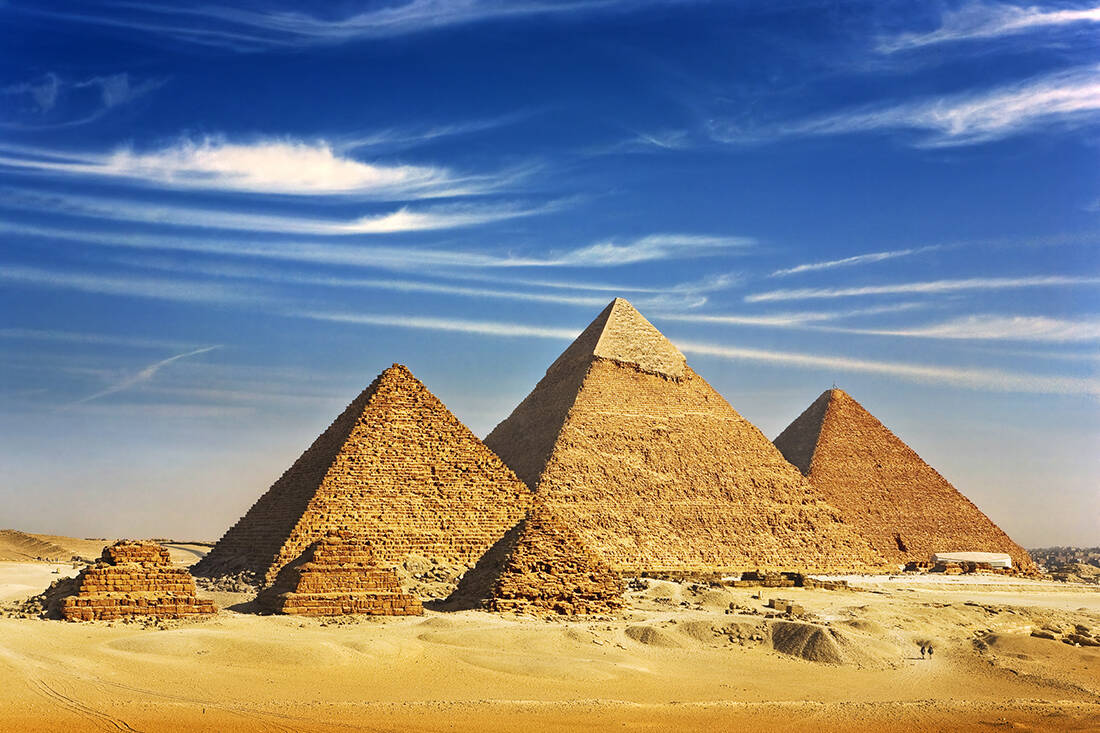
Aegyptus was called by the Latins, taking the word from the Greeks. Despite the fact that the inhabitants of the ancient kingdom named their lands very differently, the Greek name "Egypt" finally prevailed, which we find in the ancient writing of Mycenaean (Linear B').
The Greeks named the country after a word of the modern ancient Egyptian, "Hikuptah", which had its roots in a corruption of the even more ancient "Hwt-ka-Ptah", which meant "house of the soul of Pta", as the sign read in a temple of the god Pta in Memphis.
Latin dictionaries tell us that the term was just one of the names of Memphis that the Greeks turned into the name of the whole country. "Black country" (Kemet) they called themselves Egyptians the areas of their kingdom, probably from the fertile soil in the Nile delta.
The Greek adjective "egyptian" was changed from Coptic to "gyptian" (and "Cypriot"), and from there it passed into Arabic later. Egipte was the Egyptian in Old English and Egypte in French, terms derived from the Greek word…
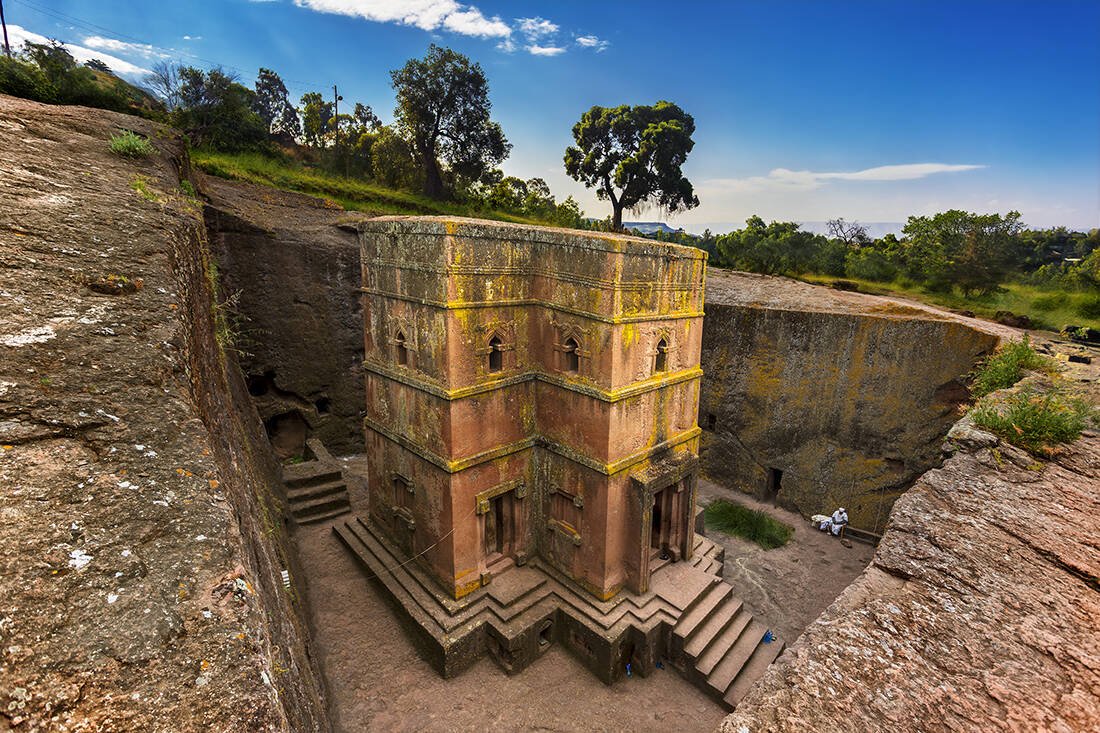
Here we have a country whose name has arisen directly from the Greek. "Ethiopians" was for the ancient Greeks the man with the "burnt face" (ethos + ops), as sunburned they considered to be the people who lived in today's country in Horn of Africa, then Nubia.
Herodotus uses the term to denote those who lived in this part of sub-Saharan Africa, there at the end of the known world (Universe). It is not excluded, linguistics tells us, that the Greek word comes from the Egyptian term "athtiu-abu", which meant "heart thieves".
From the Greeks the word passed to the Amharic, the Semitic dialect of the natives of Ethiopia. Homer, Hesiod and Herodotus describe as "Ethiopia»The areas that opened in the south of Egypt…
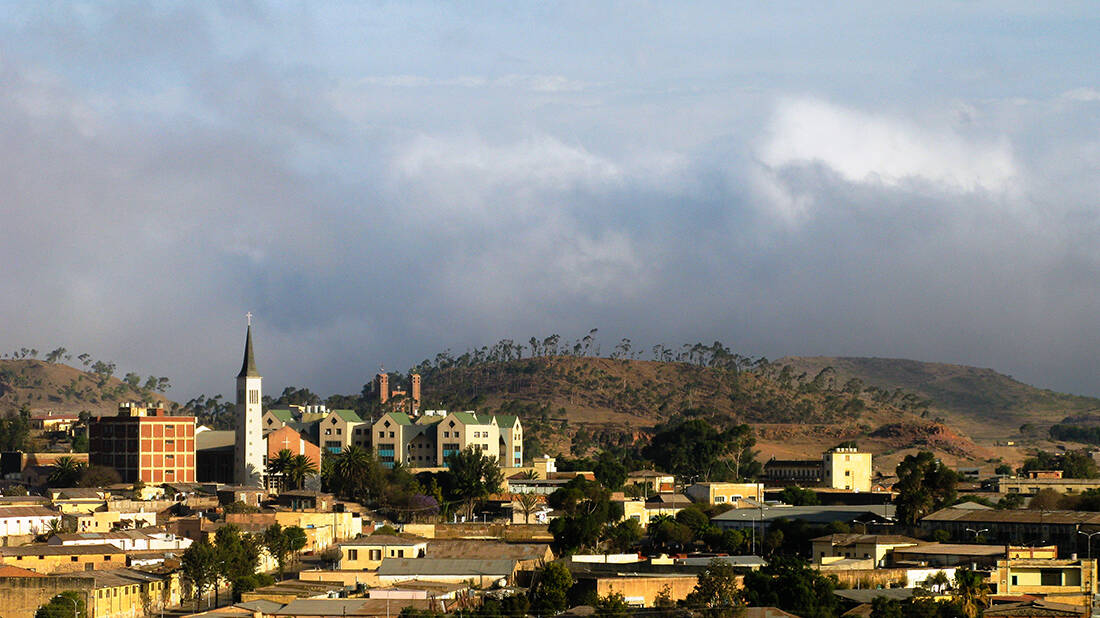
Erythræa said Latinos the Eritrea of the Greeks, the area on the shores of the Red Sea (Mare Erythreum). Formerly its official name was Erythraia, while now it is known as Eritrea. And the Italians are responsible for this, with their colony there since 1890, Colonia Eritrea.
The name was later passed on to the British and the natives, who reaffirmed it in the referendum on their independence in 1993 and the subsequent 1997 Constitution.
As for the Greek Red Sea, our ancestors used it to describe the wider region, up to the Indian Ocean…

The ancient Greeks called India a vast area, from the Indus River bed to present-day Pakistan, the India, even parts of western Tibet. Once again it meant most of Asia in eastern Persia.
Despite the fact that the term has weakened today, in Greek it was known since the years of Herodotus. And with him in their suitcases, European geographers recognized India and its islands. After the discovery of America, the term changed to "East Indies", as the western ones were now the territories found by Columbus.
It was then (16th century) that the need arose for a place-name to describe the island part of the East Indies, which eventually fell into Dutch hands, hence the Dutch East India Company.
From the 18th century this sea part of the East Indies began to be called Indonesia, by the "Indian" and "island" of the Greeks, before even the independence of the state.
The Dutch refused to use the word, but from the beginning of the 20th century the rest of the planet called it that. Now let's say that Polynesia (many + island), Micronesia, etc. have emerged respectively. or is it superfluous?
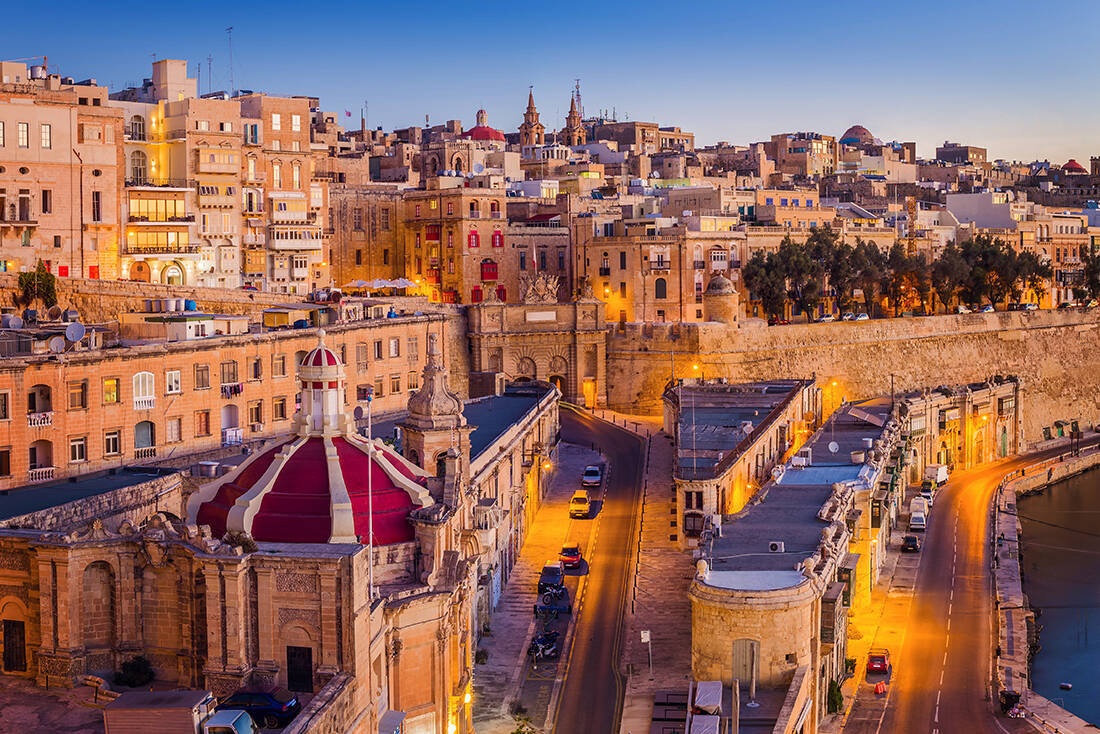
Although the name "Malta»Does not gather the scientific consensus on its origin and its current version probably comes from the local language, most linguists agree that it is of Greek origin.
The Greeks called it Meliti and they had a good reason, since the honey that came out there was irresistible. And our ancestors knew this well, as the bee that lives on the island is not found anywhere else in the Mediterranean.
Melita was also called Melita by the Romans, making the Greek "Meliti" Latin. Or getting it ready from the Doric dialect, in which the island was called Melita.
This is how the English translations of the Bible of the 16th and 17th centuries called it ("And those who were saved at that time knew that Melitis ἡ νῆσος is called").
Still others consider the word to be of Phoenician origin…
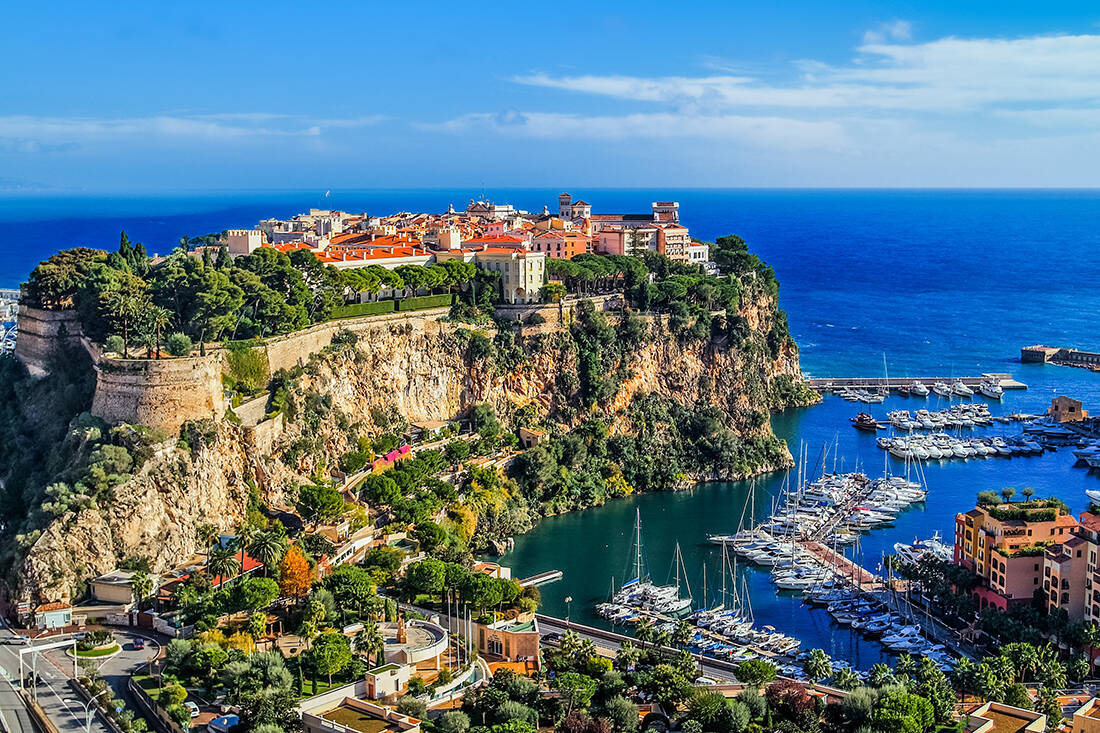
And Principality of Monegasque has Greek roots and in fact a direct relationship with ancient Greece. This part of the C Αte d'Azur was, you see, a colony of Ionian Phocaea from the 6th century BC, the Monk, as it was known to the Greeks, as it had only one house, the house of Hercules.
The port of the colony was connected you see with its worship Hercules, as the Phocaeans, who also lived in neighboring Marseilles, had built a temple in his honor, which is quite rare for a demigod.
Hercules Monoikos (or Monoikos in some scriptures) of the ancient Greeks has still survived in the principality, as this is exactly the name of its largest port (Port Hercules).
The Greek Monochos passed to the Ligurian tribes and the Genoese later as Monoikos, when the Holy Roman Empire said to make it a gift to the all-powerful city. Both the Greeks and the local Ligurians considered that Hercules had passed through there, as Diodoros Sikeliotis and Strabo assure us.

Η Europe It is a continent, but it is also the federal coalition of states called the European Union. Another place name associated with Greek mythology. According to legend, Zeus fell in love with Europe, the daughter of the king of Phenicia, Aginoras.
So he transformed into a white bull, seduced her to sit on his back and kidnapped her, transporting her to the four corners of the Old Continent. In the end they ended up in Crete, where their wedding took place and three children finally.
As for the etymology of the word, it probably comes from the words "wide" and "hops", that is, open-eyed, the one who has big eyes. According to a second interpretation, it is produced from the ancient "euros" (mold, moisture) and "height" (face), changing the meaning to "wet, wet, one in a shady place".
A third hypothesis reduces the word to the adjective "europos" (broad), a well-known toponym of the ancient Greek world. The founder of the Seleucid dynasty, Seleucus I Nicator, a general and one of his successors, also came from the Europe of Macedonia. Of Alexander the Great.
He always remembered his particular homeland and founded a Europe in Syria, one in Persia and one in Mesopotamia. It has been argued, however, that the word may even have pre-Hellenic, Indo-European, origins.
